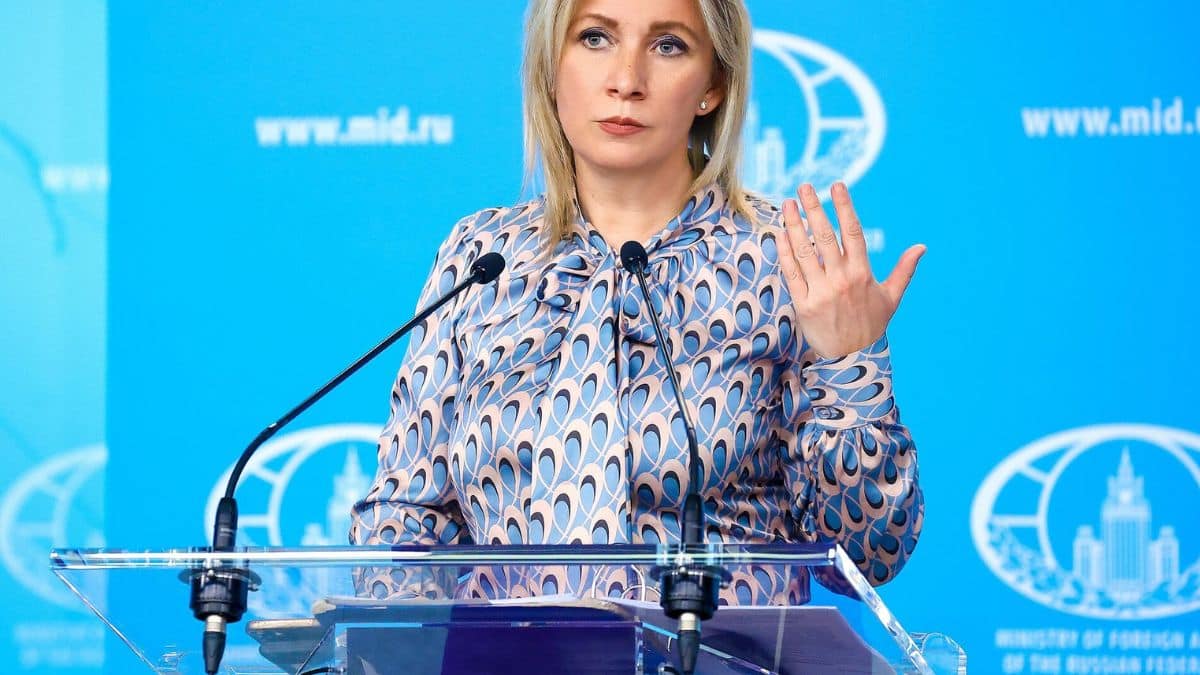The re-election of Ursula von der Leyen as the President of the European Commission has been met with sharp criticism from the Russian government. Russian Foreign Ministry Spokeswoman Maria Zakharova denounced the decision, calling it a “tragic episode” in the history of Western Europe.
Speaking at a press conference in Moscow on Friday, Zakharova expressed strong disapproval of von der Leyen’s renewed leadership, alleging that her tenure has been marked by policies detrimental to European unity and stability.
Zakharova criticized von der Leyen’s approach to European governance, accusing her of prioritizing ideological agendas over pragmatic solutions. She highlighted several instances where the European Commission, under von der Leyen’s leadership, has clashed with Russia on various geopolitical and economic issues.
“Under von der Leyen’s leadership, the European Commission has pursued an aggressive stance towards Russia, undermining the potential for constructive dialogue and cooperation,” Zakharova stated. “This re-election signals a continuation of policies that are counterproductive to European and global stability.”
Von der Leyen, who first assumed office in December 2019, has been a vocal advocate for a stronger, more integrated European Union. Her tenure has seen significant challenges, including the COVID-19 pandemic, Brexit, and escalating tensions with Russia over Ukraine and other issues.
The Russian Foreign Ministry’s condemnation comes amid ongoing strained relations between Moscow and Brussels. The re-election of von der Leyen is likely to further complicate diplomatic efforts to resolve existing conflicts and improve bilateral ties.
International reactions to von der Leyen’s re-election have been mixed, with some European leaders praising her leadership and vision for the EU, while others, including Russia, express concern over the future direction of the bloc under her continued presidency.
As von der Leyen prepares for her next term, the geopolitical landscape of Europe remains tense, with Russia’s pointed criticism highlighting the deep-seated divisions that continue to challenge the continent’s pursuit of unity and stability

